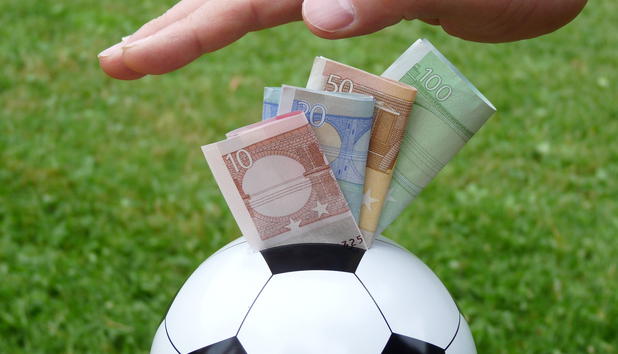
The Psychology of Decision Making in Online Soccer Gambling
In the realm of online dewabet gambling, soccer betting stands out as one of the most popular and widespread activities. The excitement of the game combined with the thrill of potential winnings makes it a compelling pastime for many. However, beneath the surface of this seemingly innocuous activity lies a complex interplay of psychological factors that influence decision making. Understanding these psychological mechanisms is crucial for both players and policymakers alike.
The Appeal of Soccer Gambling: Soccer, being the world’s most popular sport, naturally attracts a large audience for gambling. The sheer number of matches, leagues, and tournaments provide ample opportunities for betting enthusiasts to indulge in their passion. Moreover, the unpredictability of the game adds an extra layer of excitement, making each wager feel like a high-stakes affair.
Psychological Drivers Behind Decision Making:
- Risk Perception: At the heart of every bet lies the perception of risk. Research in psychology suggests that individuals tend to overestimate their chances of winning when engaging in gambling activities. This optimism bias often leads to irrational decision making, where players ignore the probabilities and focus solely on the potential rewards.
- Loss Aversion: The fear of losing is a powerful motivator in decision making. Studies have shown that people are more sensitive to losses than gains, a phenomenon known as loss aversion. In the context of soccer gambling, this aversion to loss can lead to reckless behavior as players chase their losses in a bid to recoup their money.
- Cognitive Biases: Human cognition is riddled with biases that can cloud judgment and influence decision making. Confirmation bias, for example, causes individuals to seek out information that confirms their pre-existing beliefs while ignoring contradictory evidence. In the context of gambling, this bias can lead players to make decisions based on faulty or incomplete information.
- Emotional Influences: Emotions play a significant role in gambling behavior. Excitement, frustration, and euphoria can all impact decision making, often leading to impulsive choices. In the heat of the moment, players may disregard rationality and act on impulse, a phenomenon commonly referred to as “tilt.”
- Social Factors: Gambling behavior is also influenced by social factors such as peer pressure and social norms. The desire to fit in or impress others can compel individuals to take risks they wouldn’t otherwise consider. Moreover, the normalization of gambling within certain social circles can desensitize individuals to its risks, leading to excessive or problematic behavior.
Implications and Conclusion: Understanding the psychology of decision making in online soccer gambling is essential for promoting responsible gambling practices and minimizing harm. By recognizing the cognitive biases, emotional triggers, and social influences that drive behavior, players can make more informed decisions and exercise greater control over their gambling habits. Likewise, policymakers can implement targeted interventions and regulations to mitigate the risks associated with online gambling.